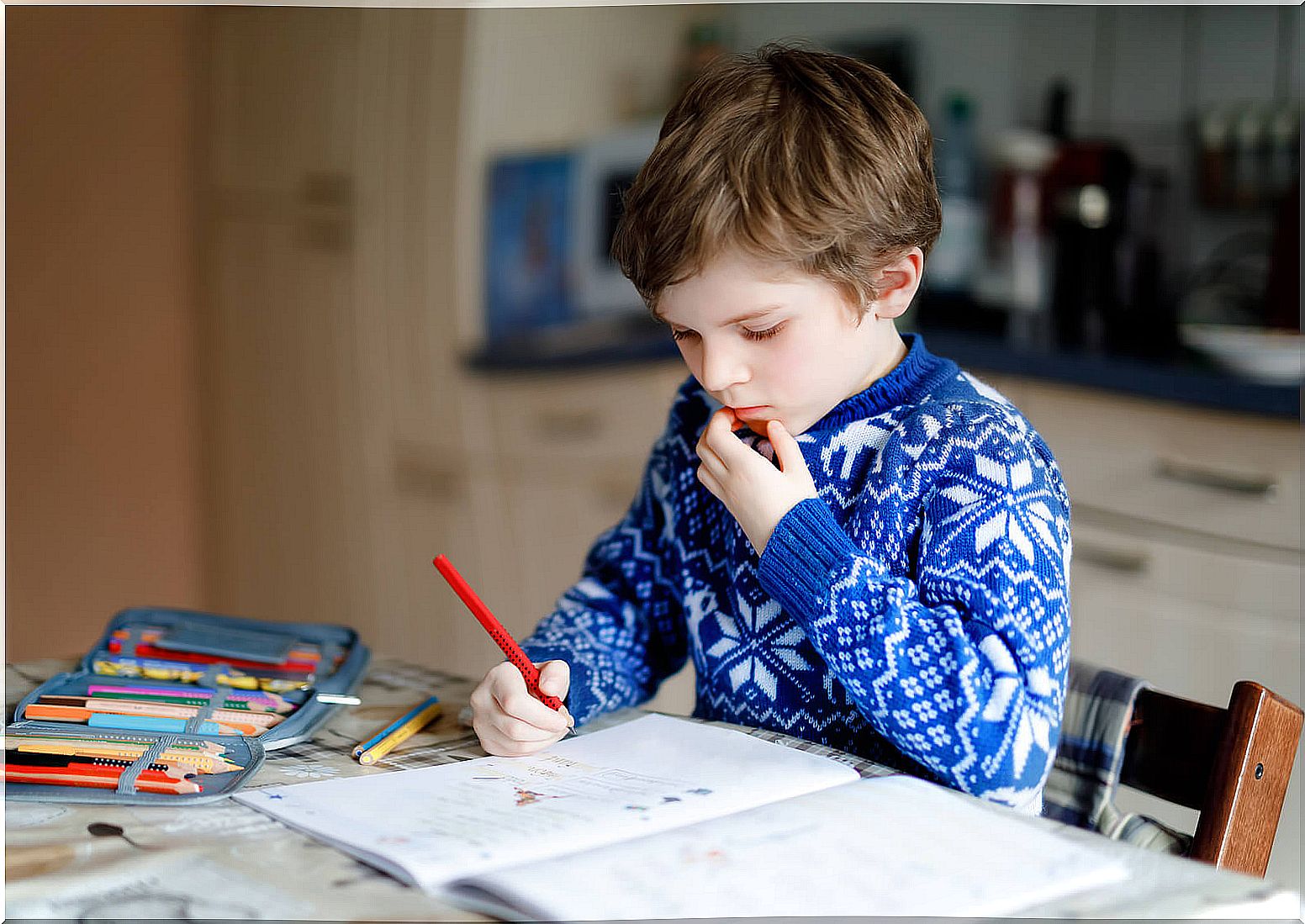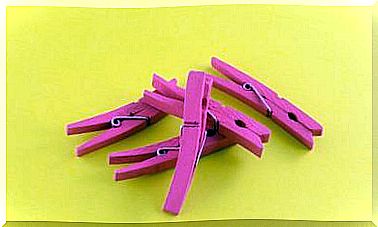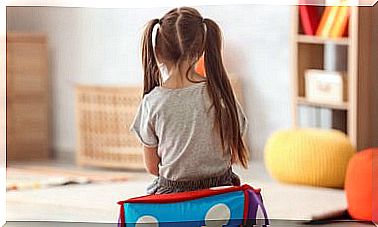Strategies At Home For Children With Learning Disabilities

Imagine that you are sitting at the table in the living room and you are helping your child to do homework. You do your best to keep her focused, but even something as simple as sharpening a pencil can make her focus disappear. Your child has learning disabilities and you need to take this into account. Therefore, we present some strategies to do at home adapted to your real abilities.
You may think that doing homework with children with learning disabilities is quite complicated, but the reality is that it does not have to be that way thanks to these strategies at home.
Strategies at Home for Children with Learning Disabilities

Team effort
Contact your child’s teacher to discuss homework habits. He talks about how much time he spends doing homework and when he gets distracted when he has to do his work. You will also need to find out what the teacher’s expectations are for your child’s learning and intellectual development.
In the same way, it will be essential that you make a homework plan to help the little one solve the problems that he must face at home. Make him understand that although it is a team effort and that the teacher and you are by his side for whatever he needs, he has to do his part to advance his own learning.
Fun five minute break
If your child becomes frustrated with a task, ideally take a break to do something fun together. You can take five minutes to go for a walk, listen to a funny song, or have a snack. This can help break down the frustration you feel so that you can return to your task with a new perspective.
You will be able to return to your duties with renewed energy and a desire to do things even better. If you keep him frustrated and sitting for too long to do the same thing over and over again (and it doesn’t come out), you don’t have to give him the answer, but you can’t allow him to get emotionally blocked either. This is why fun rest is so important.
Task completion table
Create a homework completion chart together and put it on the fridge or anywhere else so your child can easily see it. Make yours or search online for a table to be able to download and print comfortably from home.
Mark an “X” each time your child completes an assignment. You can also reward the child with a small prize when he completes the table. What really matters is that you recognize your child’s achievement, no matter how small, and in the way that you think is most appropriate.
Sharing reading, one of the strategies at home for children with learning disabilities
Reading an entire chapter in a book can be overwhelming for some children with learning disabilities. So that he doesn’t get too stressed and doesn’t get overwhelmed with reading, you need to help him with this. It is important that you help him love reading and understand how important it is.

To do this, you can have your child read the first paragraph or sentence and, if he is a new reader, you read a large part of the text and then follow him with another small part. Thus, the information of the story will be more interesting. It is necessary to pause to reinforce the concepts presented. This will help keep your engaged child interested in homework.
Play soft music
Playing soft music while the kids are doing schoolwork doesn’t have to be a bad thing, even if your child has learning disabilities and is having trouble concentrating. If you choose the right music, it doesn’t have to be a distraction, far from it. What matters is that it is melodic and that it does not have a letter that the minor understands.
In this way, the melody will help you feel that the work is more enjoyable and, what is better, you will enjoy the music. If you know how to play an instrument, playing soft music during your child’s homework can help block out disturbing noises. You can also use headphones if the music distracts other family members
Ultimately, we hope that these strategies to do at home with children with learning disabilities will help you when offering the best home study options to your little ones.










